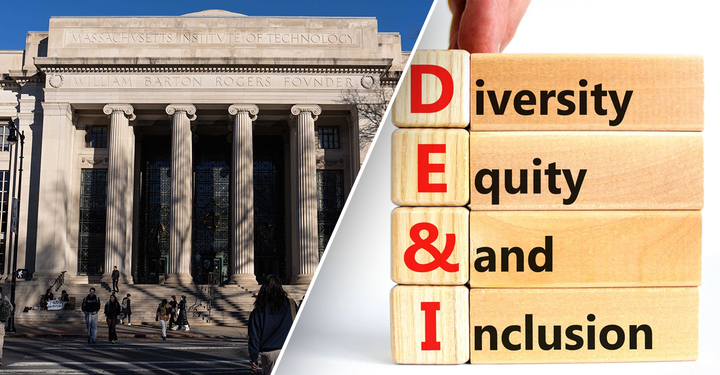In recent weeks, Diversity, Equity, and Inclusion (DEI) policies—long integrated into major U.S. industries like the military and corporate America—have faced mounting scrutiny and calls for rollbacks. Lawmakers, companies, and advocacy groups are now grappling with the future of these initiatives, and the debates are heating up.
A Heated Debate in Congress
Last week, tensions flared in the House during discussions over a new “Dismantle DEI” bill. Rep. Jasmine Crockett, a Democrat from Texas, passionately defended DEI policies, calling out what she viewed as misleading narratives. “There has been no oppression for the white man in this country,” Crockett argued, pointing to historical injustices endured by marginalized groups.
This fiery exchange reflects the deep divide over DEI programs, with critics labeling them as overly ideological, while supporters see them as necessary for leveling the playing field.
The Trump Administration’s DEI Legacy Returns
As the incoming Trump administration takes shape, experts predict a renewed focus on reversing DEI initiatives. Back in 2020, then-President Trump issued an executive order banning “divisive” workplace training for federal contractors. Now, with the political climate shifting, those policies could come under fire once again.
Devon Westhill, a constitutional attorney with the Center for Equal Opportunity, claims that DEI efforts prioritize “racial quotas” over true diversity. “It’s a multibillion-dollar industry that injects far-left ideology into nearly every area of American life,” Westhill said in an interview.
How Big Businesses Are Involved
Major corporations, including Google, Target, and Johnson & Johnson, have embraced DEI initiatives, often aligning with federal guidelines. Under the Biden administration, DEI principles were encouraged across federal agencies and public institutions, with programs extending into military training and hiring practices.
However, critics argue that corporations have felt pressured to adopt these policies, fearing legal challenges or negative publicity if they don’t comply. Will Hild, executive director of Consumer’s Research, suggested that the threat of lawsuits or accusations of discrimination played a significant role in their adoption.
Looking ahead, red-state attorneys general are reportedly preparing lawsuits targeting companies that allegedly use racial quotas in hiring. Critics also claim that DEI policies distract businesses from their core missions, potentially lowering the quality of goods and services for consumers.
The ESG and DEI Intersection
The push for DEI often overlaps with Environmental, Social, and Governance (ESG) benchmarks—criteria influencing corporate investment strategies. Pension funds, for example, have increasingly integrated ESG and DEI goals into their investment decisions. This trend has drawn concern from some officials.
Iowa Attorney General Brenna Bird recently voiced apprehension about pension funds being used for “woke political goals” instead of securing retirees’ financial futures. “We want to ensure people’s life savings aren’t gambled away for social engineering,” Bird said.
What’s Next?
As debates over DEI policies continue, the stakes are high. State governments and companies alike will be navigating legal challenges, public scrutiny, and shifting political winds. Whether you see DEI as a vital tool for progress or a flawed system, the coming months are sure to bring significant developments.
If you’d like to dive deeper, here are a few helpful links:




































